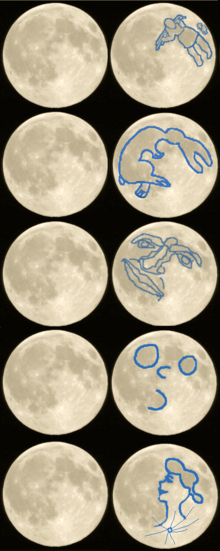Our website is made possible by displaying online advertisements to our visitors.
Please consider supporting us by disabling your ad blocker.
Bias

| Part of a series on |
| Discrimination |
|---|
 |
Bias is a disproportionate weight in favor of or against an idea or thing, usually in a way that is inaccurate, closed-minded, prejudicial, or unfair. Biases can be innate or learned. People may develop biases for or against an individual, a group, or a belief.[1] In science and engineering, a bias is a systematic error. Statistical bias results from an unfair sampling of a population, or from an estimation process that does not give accurate results on average.[2]
- ^ Steinbock, Bonnie (1978). "Speciesism and the Idea of Equality". Philosophy. 53 (204): 247–256. doi:10.1017/S0031819100016582. S2CID 170331649.
- ^ Welsh, Matthew; Begg, Steve (2016). "What have we learned? Insights from a decade of bias research". The APPEA Journal. 56 (1): 435. doi:10.1071/aj15032. ISSN 1326-4966.
Previous Page Next Page


